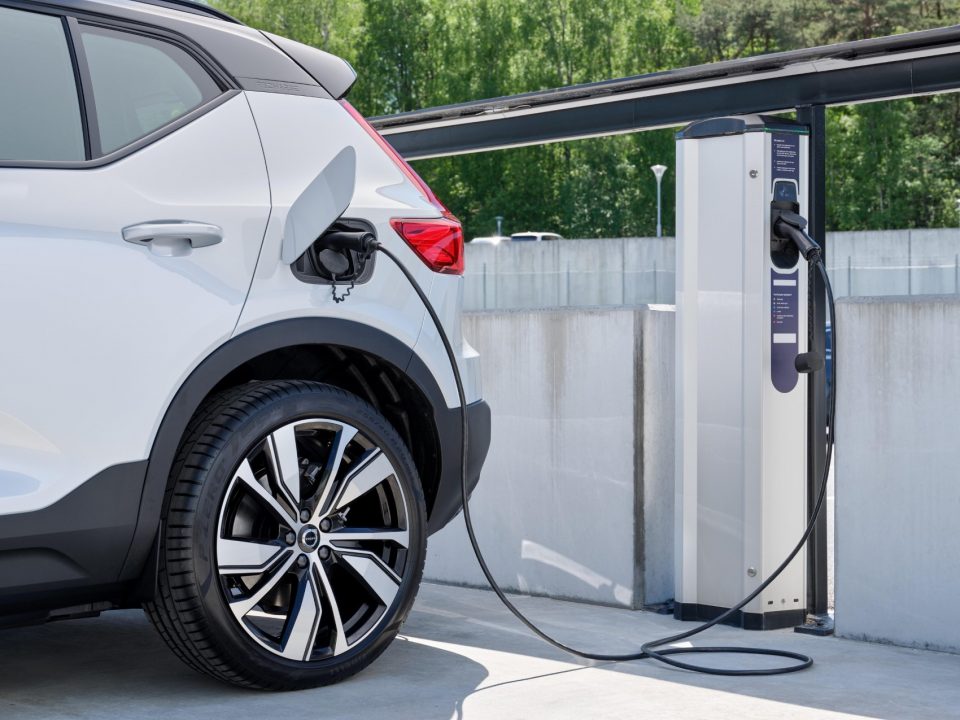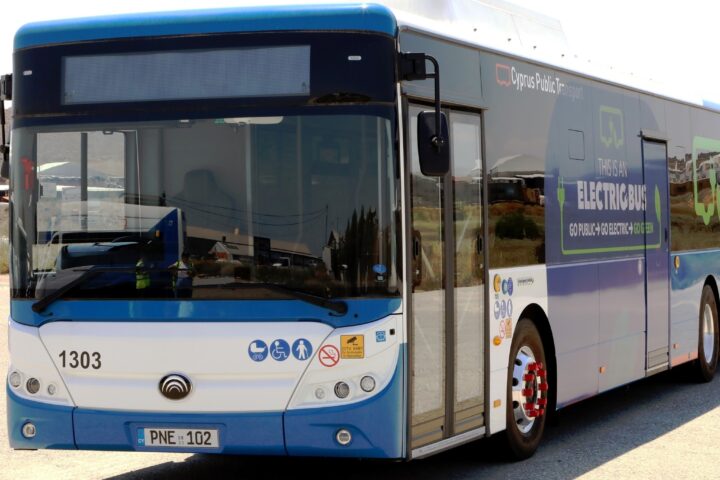Cyprus is taking another step towards clean mobility as authorities gear up to launch an attractive €10,000 incentive package to encourage motorists to scrap their old petrol cars for a new environmentally-friendly electric one.
According to sources at the Transport Ministry, the cabinet is backing a proposal to be tabled by the ministry to promote the withdrawal of old fuel-powered cars while giving motorists the incentive to opt for a vehicle solely powered by electricity.
The new scheme replaces the one announced in late 2019 by then Transport Minister Vasiliki Anastasiadou but was cancelled in March 2020 due to the coronavirus outbreak and cutbacks introduced.
A source told the Financial Mirror, the ministry is aiming to launch the scheme sometime before the end of the year with a budget of €4 mln to cover 300 applications for electric vehicles.
The scheme will cover all-electric vehicles, from cars and motorcycles and other vehicles powered solely by electricity for all purposes from private use to taxis and commercial vehicles.
It is ready, with officials putting the final touches, said the source.
The ministry source confirmed the most likely scenario is that the scheme will provide a large subsidy for purchasing an electric vehicle and a smaller one for those who retire their old banger.
A subsidy of around €9,000 will be given to people who wish to buy an electric car.
An additional subsidy of €1,000 will be given if buyers also want to withdraw their old vehicle.
The car to be withdrawn must have spent at least 15 years on the road.
The scheme will cover purchases of vehicles up to €65,000, without VAT.
The market price for electric cars ranges between €35,000 for a small saloon and €65,000 for a larger SUV and crossover vehicle types.
The procedure to be followed is “first come, first served”.
Given the demand from previous schemes, it is estimated the available funding will be exhausted within hours.
The previous incentive scheme announced in 2019 was oversubscribed within the same day it was proclaimed.
As the source said, the ministry is inclined to have applications for the scheme filed by car dealers on behalf of the buyers.
“This scheme will be the first of many as the ultimate goal is to have 25% of cars registered by the year 2030 to be powered solely by electrical energy.
“Electric vehicles combine many benefits; they do not pollute the environment, are completely silent and have zero fuel consumption.
“At the same time, there are now models on the market that can cover long distances with just one charge, as they carry batteries capable of taking the vehicle over 500 kilometres,” said the source.
Commenting on the high cost, the source explained that what makes electric cars so expensive is the cost of the battery that powers them.
“The subsidy for purchasing a new car is meant to compensate for the difference in price between a conventional vehicle with a combustion engine and an electrical one.
“So, someone who was in the market for a €25,000 car can buy a €35,000 electric one.”
Government plans do not end with the subsidy scheme but will be combined with further incentives to go electric such as tax breaks.
Cyprus will also develop the necessary infrastructure to support the presence of a critical mass of electric vehicles on the roads.
“We plan to create the necessary infrastructure for recharging of electric vehicles in accessible places”.
According to previous plans, 1,000 charging stations will be installed in cities and 40 fast-charging stations on highways and in public places within five years.
Generous offer
Meanwhile, car dealerships in Cyprus are satisfied with the new scheme but warn there could be a serious delay in the market as a shortage of conductor chips is slowing down production lines across the globe.
Talking to the Financial Mirror, Dickran Ouzounian, the treasurer for the Cyprus Vehicle Importers Associations (SEMO), said importers of new cars welcomed the introduction of “what appears to be the most generous incentive scheme for electric vehicles in the European Union”.
Ouzounian, however, pointed out that dealers are concerned over the number of electric vehicles they will have in stock in the coming months, as a shortage in vital semiconductors has disrupted production lines.
“At the moment, we cannot be sure of how many vehicles we will be able to import by next year,” said Ouzounian.
The global chip shortage was prompted by the Covid-19 pandemic and the surge in demand for electronics.
Cyprus Greens are not excited over the new scheme at a political level, as they feel ordinary people will not be able to afford a ‘pricy’ new electric vehicle even with a €10,000 grant.
In comments to the Financial Mirror, Greens’ chair and MP Charalampos Theopemptou said the movement would much rather see the government using the budget to replace state vehicles with electric ones, including the fleet of 11 limos for the Cabinet members.
“The majority of people will not be able to dish out at least €25,000 to buy a new electric vehicle and will prefer to look for other solutions,” said Theopemptou.
He argues it would be more beneficial if the government brought down pollutant emissions of state-owned fleets and public transport to meet the island’s EU environmental targets.
“At least until the car industry starts producing cheaper vehicles on a mass scale.”
Within the EU’s Green Deal framework, Cyprus must reduce CO2 emissions by 50% compared to 2005 levels.
Based on the national goal set within a decade, by 2030, 25% of new vehicle registrations must be electric.
By 2030, almost all government vehicles will also have to be electric.
The Commission recently announced stricter CO2 emission standards for cars and trucks that will accelerate the bloc’s transition to zero-emission mobility, requiring a reduction in average emissions of new cars of 55% by 2030 and 100% by 2035 compared to 2021 levels.
According to the Recovery and Resilience plan approved by Brussels, Cyprus must dedicate at least 37% of its expenditure to investments and reforms that support climate objectives.
Cyprus will receive €1 bln in grants and €227 mln in low-interest loans under the RRF by the end of 2026.
Indicative all-electric small cars
Nissan Leaf model starts at €32,500 and can cover up to 385 km on one charge.
The Ioniq 5 model starts from €41,000 and can cover up to 384km.
The New Peugeot 208 starts at €31,900
The Volkswagen ID3 starts at €34,500
The BMW i3 starts at €42,400










